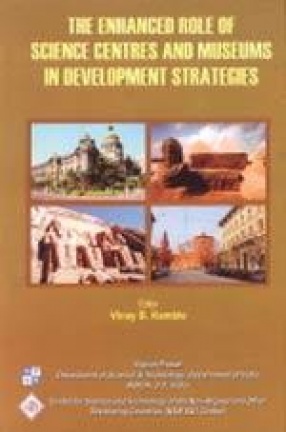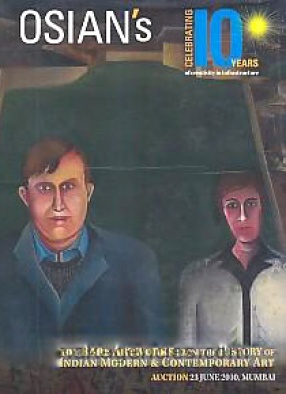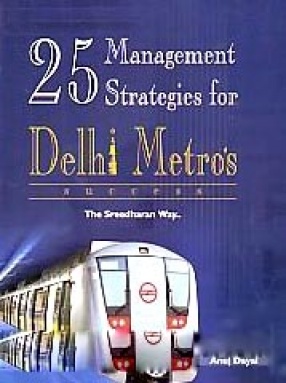This publication deals with the role played by science centres and science museums in planning and implementation of development strategies, particularly in the developing countries. Science centres and museums are unique resources for informal learning, a process central to forging knowledge, skills and positive attitudes. These are the places to discover, explore and test ideas about the natural world. In the recent years we are witnessing unprecedented growth in various fields of science and technology, and in order to fully comprehend such developments and facilitate their impact on the socio-economic progress, the science centres and science museums play a pivotal role because visual impression aids in the progress of quickly grasping various facets of the new knowledge. For developing countries, it is essential that science centres are established with an aim that these become the Centres of Excellence vibrating with activities (both in-house and outreach) for providing non-formal education for the people in general and for the children in particular, and wherever practicable, to supplement formal education. The volume covers scientific studies, developmental approaches and status of different countries in taking science to the people through Science Centres and Museums. The material presented herein would surely serve as a valuable reference material for the professionals and policy makers in the developing countries engaged in planning and development of science centres and museums.
47 Artists
Out of stock





There are no reviews yet.